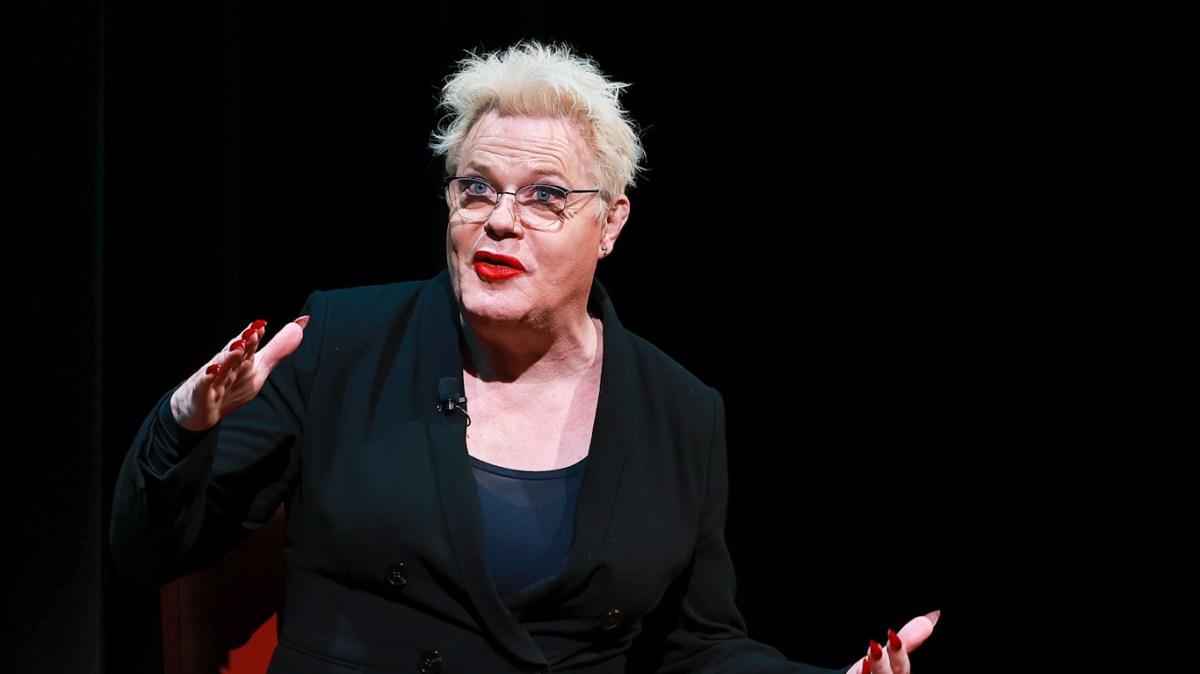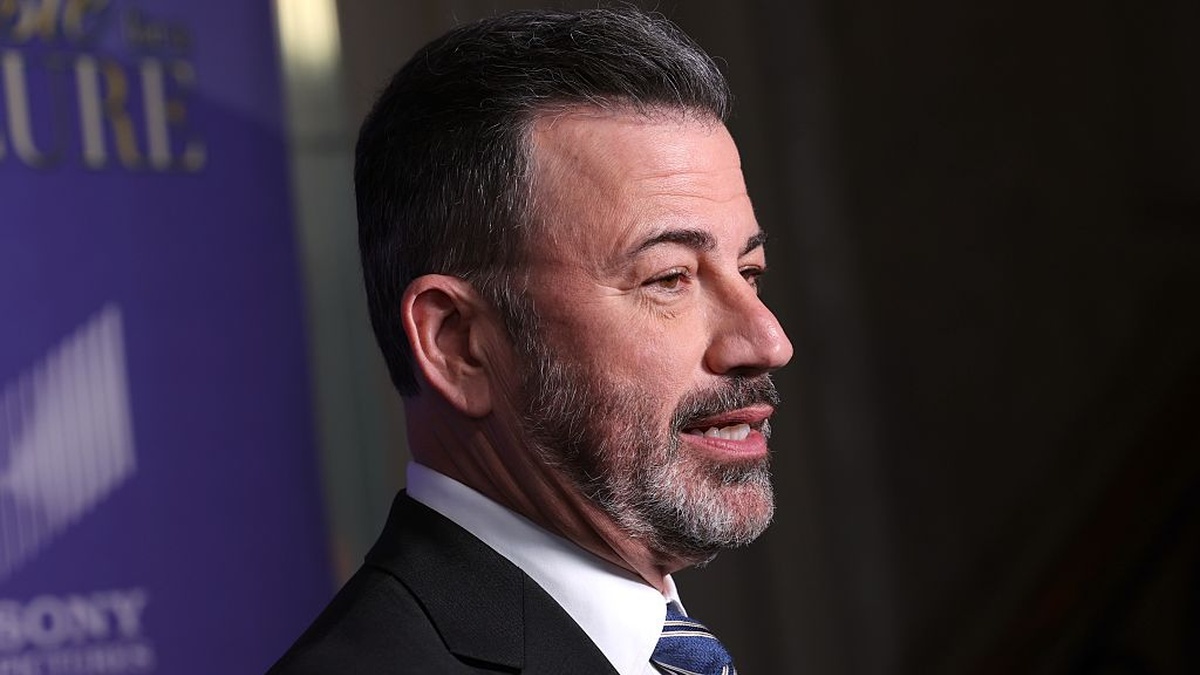The other day, Suzy Izzard gave us an update via Twitter on what we should be calling her from now on (she prefers she/her and Suzy, but doesn’t mind he/him and Eddie, for those of you who missed it).
She also, as I pointed out, used the word “prefer” in the tweet quite a bit, which may have raised a few more eyebrows than one might think.
If you’re on social media, you may have seen some posts in passing that explain why putting the word “preferred” in front of “pronouns” is a bit problematic, so seeing an openly trans person use the term may leave you confused about whether or not “preferred pronouns” is a proper term.
And, as with all queer and trans issues, the answer would actually be quite simple if the rest of the world didn’t throw a steaming hot vat of willful ignorance all over it.
So, let’s break this down.
Is “preferred pronouns” an improper term?
The easy answer is yes, it is an improper term; when referring to a person’s pronouns, it should be just that: “pronouns” rather than “preferred pronouns.”
So why did Suzy Izzard, a trans person who is subsequently affected by trans issues and discourse, seem to have no problem saying “preferred pronouns”? Well, because there’s nothing actually problematic about Suzy, or anyone else for that matter, using the term.
What is problematic, however, is how painstakingly delicate and pedantic the trans community is forced to be with our language, presence, and mortal essence.
The issue that’s often taken with “preferred pronouns” is that “preferred” is said to imply a soft suggestion rather than a hard fact about a person and their identity, and subsequently suggests that consciously not referring to a person with their pronouns is somewhat acceptable.
But, what needs to be understood is that this would never be an issue in the first place if trans people weren’t constantly walking on thin ice.
It’s no coincidence that the centuries-long systemic erasure of queer and trans education has led us to a world where the slightest inconsistency in language, the most outrageous conspiracy theory, or the simple unprompted will of a bad-faith lawmaker can immediately call the existence of trans people into nationwide question.
I genuinely hate that the conversation around “preferred pronouns” exists at all. Worrying about violent bigots, access to healthcare, and the quasi-inescapable dissonance of dysphoria leaves me with more than enough problems; I don’t want to have to scrutinize my every word, comment, and decision to adhere to the rest of the world’s flimsy checklist for validation. And I’m one of the lucky ones; I live in a country, namely Canada, where such a checklist even exists in the first place.
“Preferred pronouns” is an absolutely, positively harmless term, and the fact that we have to problematize it for the sake of damage control is the perfect illustration of the exhausting, myopic state of affairs that continue to be maliciously crafted around the world as we speak.
Holy moly, I need a drink.











Published: Jun 2, 2023 01:17 pm